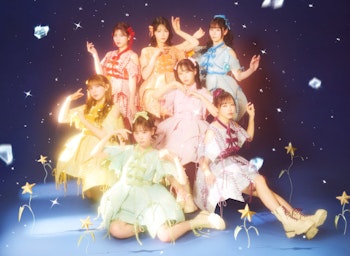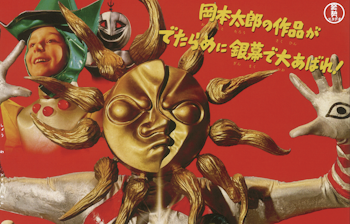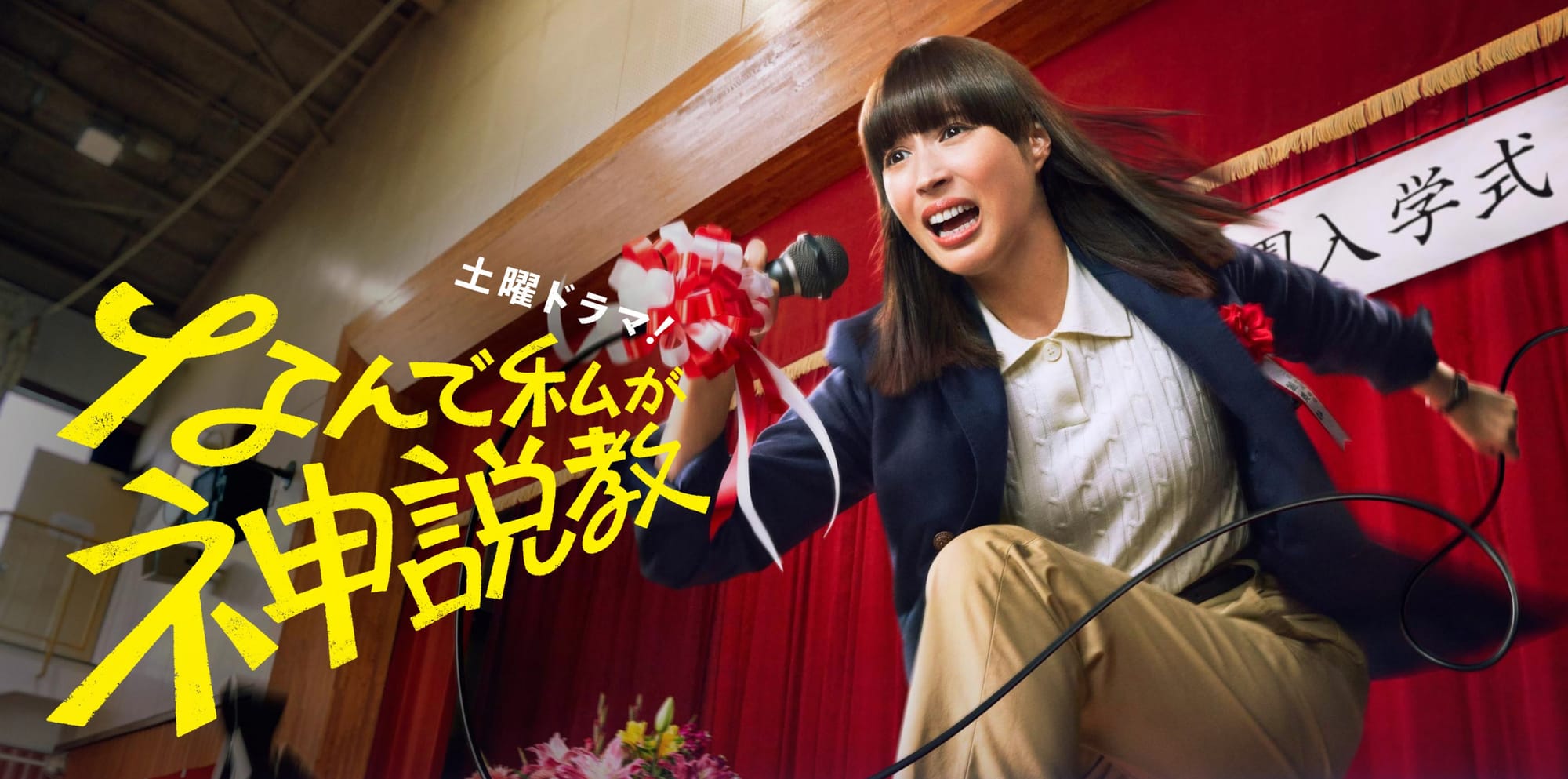
The Reluctant Preacher is a fascinating series from the current season of Japanese TV drama, in part because few are so blatant in their realization of attempts to let their audience live vicariously through the norm-breaking rebellions of their main character. But that isn’t necessarily a bad thing, when managed effectively.
When should you take a stand, and how? That’s the question at the heart of Nippon TV’s latest Saturday evening drama, starring Alice Hirose (What Will You Do Ieyasu?) as its unlikely role model teacher Shizuka Reimi. Having been unemployed for two years, a friend pulls strings at a school she works at to get her employed as an entry-level teacher for a new class of students for the upcoming academic year. Shizuka is hardly a typical teacher, however. She’s a reclusive NEET who spends most of her time online, with a somewhat pessimistic and cynical view on the world around her. To teach is another task, especially with a bullying incident on her first day, and the looming threat of a school reform committee seeking to sweep swathes of underperforming and low-income students from the rolls for any reason possible for reputational and financial gains rather than improving their future prospects.
The series, as such, can be summarized with a simplistic premise, one whose rough outline can be transplanted with minimal changes to a number of J-Drama in any given season. How can this unconventional teacher adapt to a new role? Freed from the expectations of society and the profession as an outsider, how can she stand up and make a difference?
A power fantasy, in other words. You may disagree with a superior at work for their decisions, but it’s far from easy and unlikely you’ll go up to them and tell them what you truly think to their face. You’ll go to an izakaya and drink away your concerns with friends or perhaps colleagues, you’ll seethe in silence. You might attempt to subvert it without them noticing, but you won’t directly contradict your boss. But an actress in a drama can, and there’s a satisfaction to watching someone get what they deserve. That’s the key to their success.
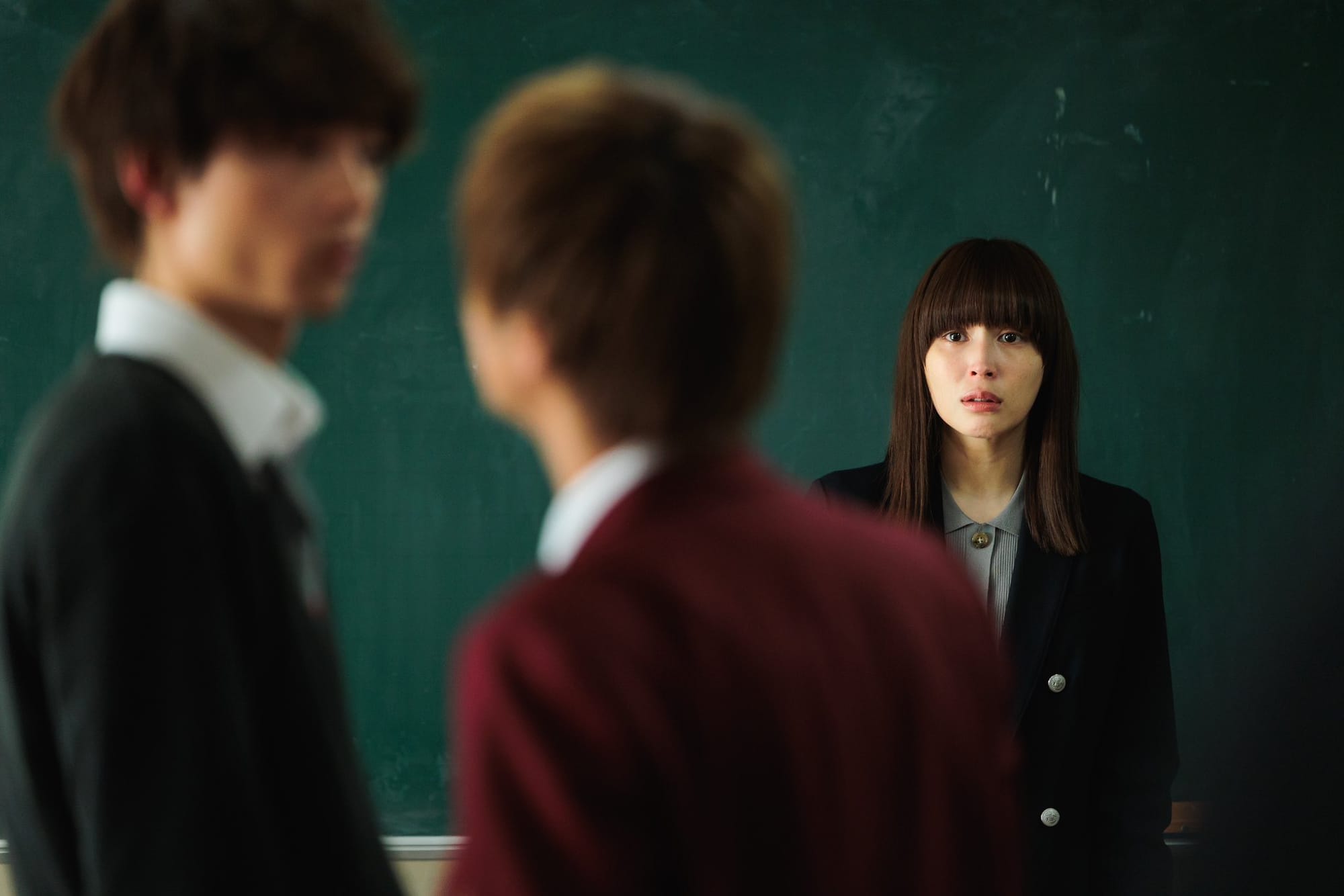
An actress can tell off a boss for doing the wrong thing, or a student when they’ve stepped out of line. The first episode bullying incident sets the tone. Shizuka is a teacher who already wants to quit, sick of the responsibility and the feeling of needing to earn the respect of a few brats. Who hasn’t wanted to quit on job on the first day or felt the strain of a lack of respect. You hold in your disdain, but the feeling doesn’t go away. Not for her. Seeing the bullying and feeling like she has something to prove from her earlier incident, she loses the pretense of needing to take the high ground and says her true feelings straight to the student. ‘Shut up, stop being an ass’, she claims in almost the rudest tone possible, forcing the bully to silence herself in sheer disbelief if nothing else.
In real life, you’d be punished. But it works for her. She earns the trust of the bullied student in the process, who soon becomes a strong ally for her throughout the rest of the season. This was the first step in finding a common ground, she is able to eventually stabilize and resolve the issue, and though she isn’t totally absolved of her outburst, she keeps her job. She even gets new responsibilities, even if this is the catalyst for the broader crisis of the attempts to wipe students in their dozens unfavorably from the register.
There’s a carnal satisfaction for a strained worker watching a show like The Reluctant Preacher, a chance to unleash their frustrations vicariously through another. It’s why shows in this vein are consistently popular, and it should come as no surprise that, as the series enters its closing stages, it is not only adhering to this winning formula but is finding success in TV ratings as a result.
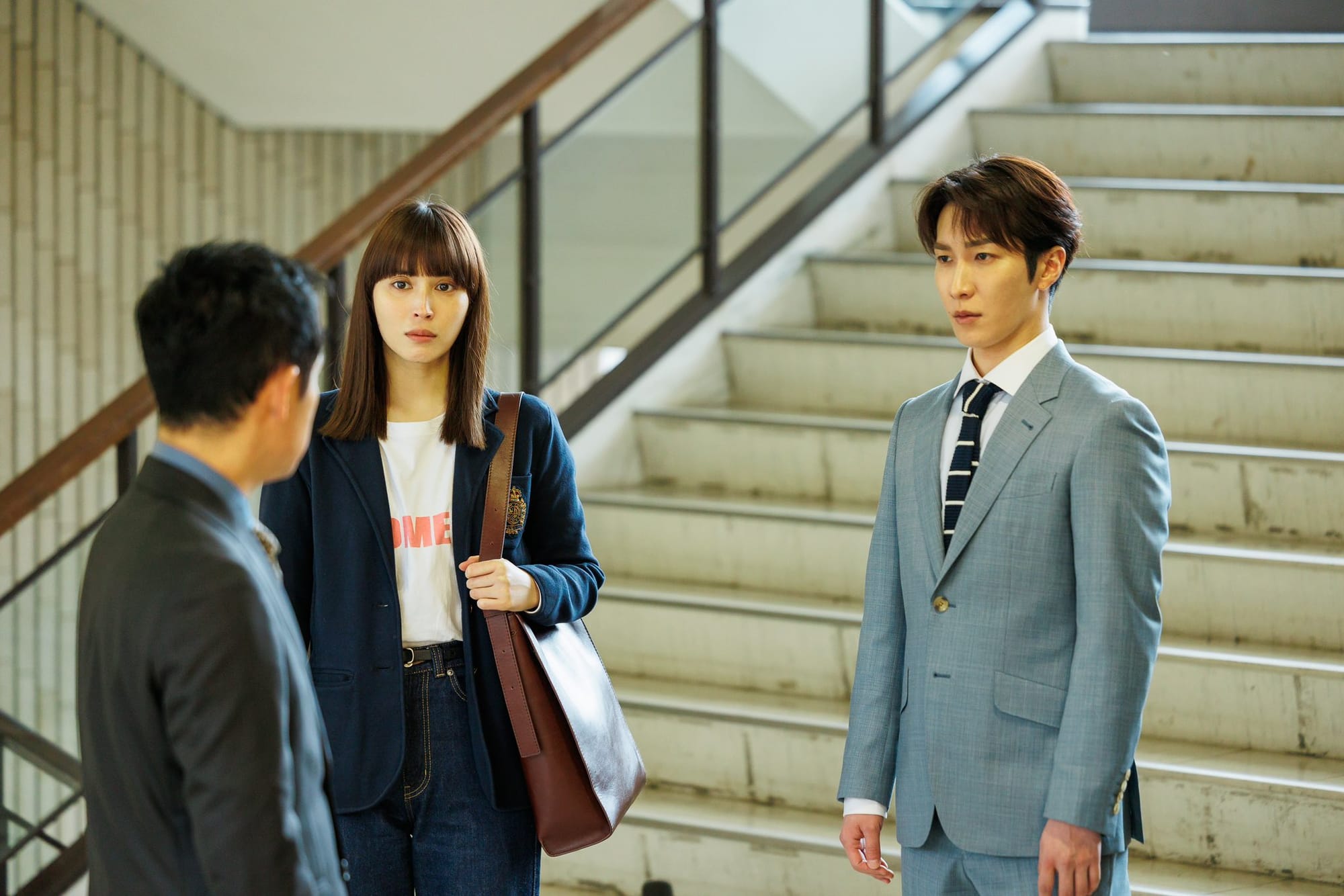
Yet this basic and people-pleasing reality that alone would make this show almost pointless to discuss were there not something more that made this show worth watching. While The Reluctant Preacher plays as wish fulfillment, it does take this a step further by finding ways the audience can end their passivity to take a stand of their own, and why it’s worth at least trying to make a difference rather than merely complaining without even attempting to make a change.
This is all thanks to the endearing honesty of Shizuka as a protagonist. While she does act and take a stand when others won’t, a result of her broader lack of social awareness and general outsider status even as she establishes herself within the teaching workforce, she’s not some perfect embodiment of justice. She’s a hypocrite, often fueled by ego and inferiority than true desires to make a difference, at least at first. She projects her own misfortunes onto her students, and often prepares a script for the perfect student takedown. In reality she’s no better than the audience, seeking a takedown.

There’s a troubled morality at the heart of Shizuka that makes her a more interesting and thought-provoking character than typical protagonists in similar shows. Rather than allowing the satisfaction of holding up a middle finger to authority or those who wrong people to become the start and end of the conversation The Reluctant Preacher has with its audience, the show spends a lot of its time involving its broader supporting cast to explore the when and how to most effectively and fairly change things for the benefit of all.
It’s around episode 3 where the broader conflict of the series presents itself to Shizuka and the audience. As she’s brought onto the School Reform Committee, she finds out about the plan to expel students and notices a mixed response from the broader faculty. A promise to increase their pay for following through with this initiative is enough for some to play along, but Shizuka finds her once-uncaring job as a reluctant teacher questioned when she struggles to put others through the pain she suffered in her own school days.

There’s a subtle shift from this point forwards in how Shizuka takes a stand, not just against injustice but for what’s right for people lacking power themselves. Beyond merely shifting the perspective, we gain a greater perspective into the incidents that shaped her into who she is by contrasting it to the beloved younger male teacher Utami Hikaru (Shota Watanabe of Snow Man) whose lack of life experiences leaves them steadfast but uncertain. Together they formulate not just the fun way to stand up to power, but how to be effective at change.
In doing so, it turns the initial enticing fantasy of the show to something more important. Once you’re on Shizuka’s side, you begin to see her as a role model like her students, and through her learn how to stand up for yourself and others in your own life. That’s far more important than only imagining such heroics. It helps The Reluctant Preacher rise above the also-rans that solely wish to pander to audiences by turning this easy-to-watch simplicity into something less passive and more actionable in your daily life. Maybe you can become a reluctant preacher yourself, rather than letting things slide.





